Everything on model trains, model railroads, model railways, locomotives, model train layouts, scenery, wiring, DCC and more. Enjoy the world's best hobby... model railroading!
Circuit Polarity and Power Needed To Haul 4 Engines
David asks:
“I have an N scale layout DC system with five main loops, a number of sidings and a turntable using a separate DC controller for each of the five main loops and isolating switches for sidings and turntable. My question is going to DCC do I just parallel up all circuits maintaining same polarity? The main layout is approximately 8X4 feet, each loop is probably about 20 feet. Also what size power supply would I need to probably run about 4 engines at any time?”
You can comment below.

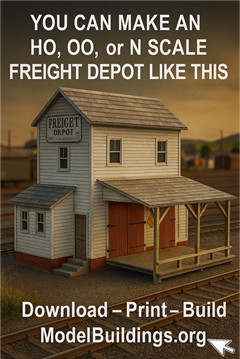
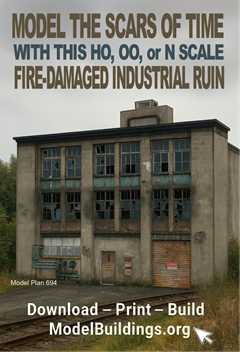
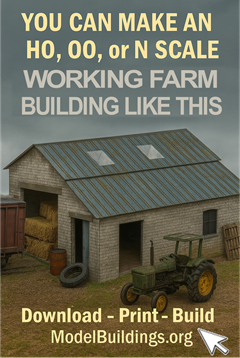
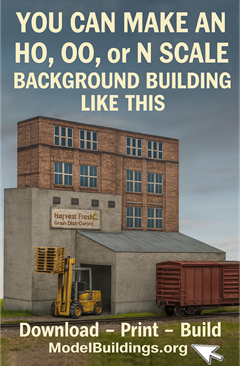
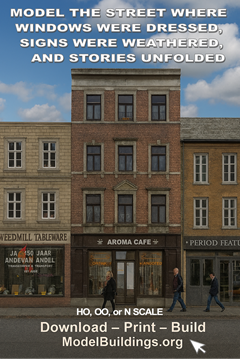

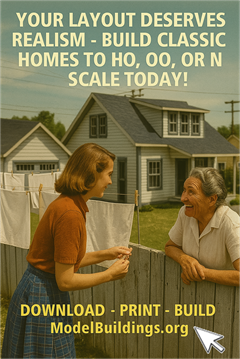
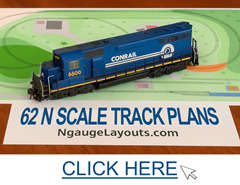
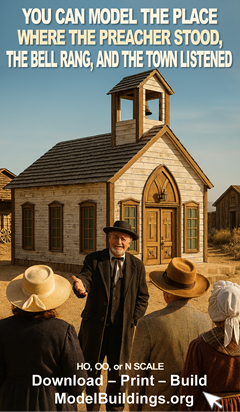
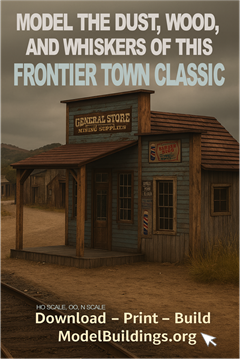
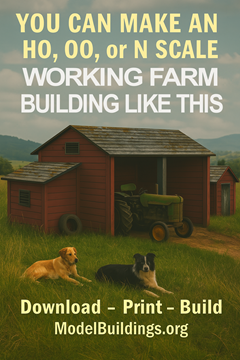
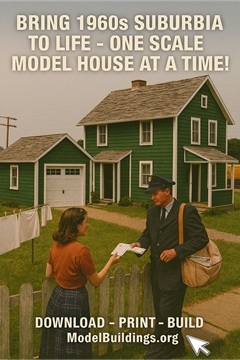
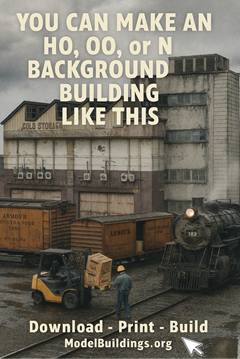
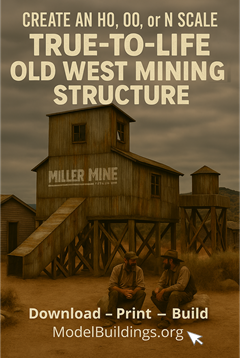
If your current wiring is red to the rear, or even black to the back, which appears to be the DCC mantra then just connecting your DCC System to one loop and jumpers to each of your respective loops would do the job. I am told that a pair of wires following the schematic and connected to the rails with droppers is a very sure way of success. Try the first suggestion and if it doesn’t work then rewire your layout.
DCC is a system of a 2-wire bus for track power. Wome people twist these wires loosly along the length. The voltage is a constant alternating voltage roughly 15 volts from your DCC power supply.
I use NCE Power Pro that is rated for 5 amps. Another offering is a 10 amp system, but 5 should be enough.
When wiring my layout, I set a box car onto the track with a note that says RED. then I push the car around the layout and the labels on the car define which rail gets what color of wire.
For a bus of 5 amps, my wire gage is 14AWG. The dropers I use are 18-20 awg.
The boxcar is a very good suggestion. I will use that. Thanks,
David,
The previous 2 answers are good in that they are correct as far as they go. That said DCC is a bit more than a bus wire with droppers. You will have to evaluate your turnouts to ensure they are DCC friendly.
Are any of your loops reversing? If so you will want to deal with that to avoid having to throw switches. Short circuits in DCC are potentially much more costly than in DC, try to make them impossible, so as to avoid damaging decoders.
As for what power you will require, it depends on how you run you layout. If operating mostly by yourself or with one other person you probably only run a maximum of 3 or 4 locos at once and will probably only need a 3amp system. If you are running up to 8 locos at once go to a 5amp system.
I have 4 x 10 dcc layout. I use a Digitrax dcs52 controller and I have quite a well distributed power for two purposes. Power distribution and jumpers for electro-frog switches and I have 9 switches(5 in front and 4 in back. The track between switches needed jumpers because of required insulating joiners so well distributed power is important.
I forgot to mention that my layout is HO. What I used as what would normally be pos and neg in dcc is actually Rail A and Rail B. My inside rails towards the inner part of layout I have is Rail A and outer rail is Rail B but does not apply to everyone’s layouts. Using the wrong wires will result in the controller letting out a warning of a short. Most controllers have short protection that will just be a warning beeps and disabling the system until the issue is resolved, then the system will enable the circuit. I am wondering if locomotives of different gauges use different voltages, I don’t know that.
I advise reading a basic book on DCC railroad systems before you start planning. This will probably give you the answers to all your questions (as well as the answers to many questions you didn’t yet think of !)